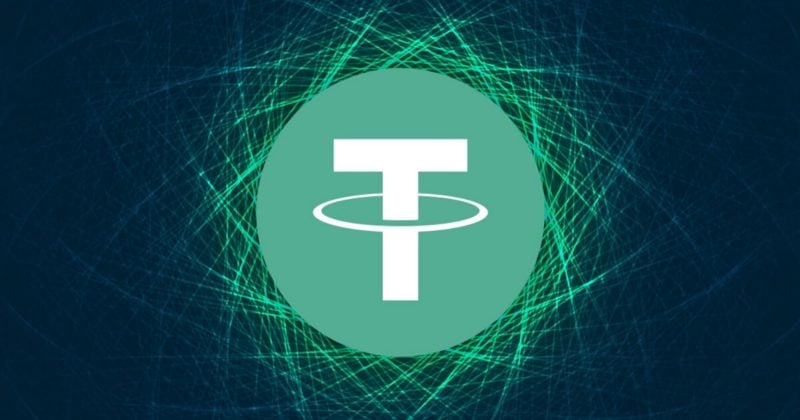Key Takeaways
- MiCA’s December 30 launch raises uncertainty about Tether’s compliance and its impact on the cryptocurrency market.
- Coinbase has delisted USDT due to MiCA regulations, while other exchanges are awaiting further guidance.
Share this article
Tether’s USDT stablecoin faces growing regulatory uncertainty as the European Union’s Markets in Cryptocurrency Regulations (MiCA) take effect on December 30.
The new framework imposes strict compliance requirements for stablecoins, raising questions about USDT’s operational status across the EU.
Amid this uncertainty, many on cryptocurrency Twitter are spreading fear, uncertainty, and doubt (FUD) about Tether and speculating about its compliance and future stability under the new rules.
Coinbase has already delisted USDT in anticipation of MiCA regulations, while major exchanges including Binance and Crypto.com are continuing to trade the stablecoin as they await regulatory guidance.
“No regulator has explicitly stated that USDT is non-compliant, but this does not mean it is compliant,” Juan Ignacio Ibañez, technical committee member of the MiCA Crypto Alliance, told Cointelegraph.
He added that key questions remain as to whether all exchanges will delist USDT at the same time, or whether some will wait for further clarity from regulators.
Tether CEO Paolo Ardoino dismissed the campaign as a “misguided effort” by a competitor, citing market concerns on social media and suggesting that the FUD surrounding Tether is often bullish for the cryptocurrency market.
Under MiCA, stablecoin issuers must secure a digital currency license and maintain up to two-thirds of their reserves in independent banks. Circle has obtained the necessary licenses, but Tether has not yet.
In a Bloomberg report, Pascal St-Jean, CEO of cryptocurrency asset manager 3iQ Corp., emphasized the importance of Tether, saying “most cryptocurrency assets are traded in pairs with Tether’s USDT.”
He added that switching to other stablecoins or fiat pairs could create inefficiencies for investors.
The new MiCA regulations could result in the stablecoin being delisted from several European cryptocurrency exchanges, which will likely push traders away from USDT by exchanging it for USDC or EUR fiat.
Share this article

